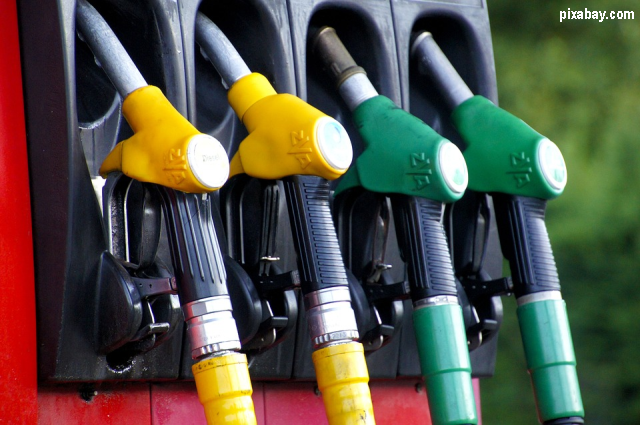Romanians are bracing up for swollen mortgage installments
Authorities in Romania are dealing with rising mortgage installments and fuel prices hikes

Corina Cristea, 03.05.2022, 14:00
For
the first time in the past nine years the three-month ROBOR index, on
which the cost of consumer loans in RON with variable interest rate is being calculated,
has exceeded the 5% threshold sending chills down the spine of the Romanians
who have mortgage rates to pay.
The
increase is significant as a year ago the aforementioned index stood at 1.59% and
shot up to 3.01% in January. The six-month ROBOR index, on which mortgage installments
are calculated, is now exceeding 5%. On an upward trend in the past year, the
index is three times higher than a year ago, when its value stood at 1.68%. In
January ROBOR stood at 3.14% and the evolution of the two indexes, which
reflects the way commercial banks are borrowing money from each other, has been
influenced by several factors such as the Central Bank monetary policy,
inflation and fiscal policy.
Pundits
believe the ROBOR index will continue to grow with the inflation rate. In an attempt to curb inflation, since the
beginning of the year, Romania’s Central Bank has repeatedly increased the monetary
policy interest rates on which interest rates of the loans given by the
commercial banks are based. The situation has become difficult for people who
have to pay mortgage rates and experts believe that refinancing could be a
solution for those with ROBOR-depending loans, as there are banks, which offer loans
with a fixed interest rate under 5%.
Fuel prices
have been swollen by the war in neighboring Ukraine but the Competition Council
in Romania is carrying out an investigation on the sharp increase in these
prices on March 9th, and the panic caused among people after a gas
station in the country’s northwest had started selling petrol at the staggering
price of 2 euros per liter.
Huge
cues could be seen at petrol stations all over Romania where people panicked amid
fears that prices could increase and fuel reserves exhausted.
In a Parliament
address, the head of the Competition Council, Bogdan Chiritoiu, said the fuel
market is being monitored by the council, which is gleaning data from petrol
stations all over the country.
Bogdan Chiritoiu: There is instability in the region of course,
but besides this instability, which we must accept as a natural thing, there is
also the unfair behaviour of some companies, which we are investigating and
eventually sanctioning. Our investigations last for two years on an average and
the fines and sanctions that we apply are of tens and hundreds of millions.
Such fines cannot be given based on a mere report.
On
March 9th, the government ordered ample checking at all petrol
stations and gave assurances that no speculation with fuel prices would be
admitted. Now the government is working on legislation amendments aimed at combating
speculation and unfair competition, drawing up a mechanism meant to prevent
unjustified price increases.
(bill)






























